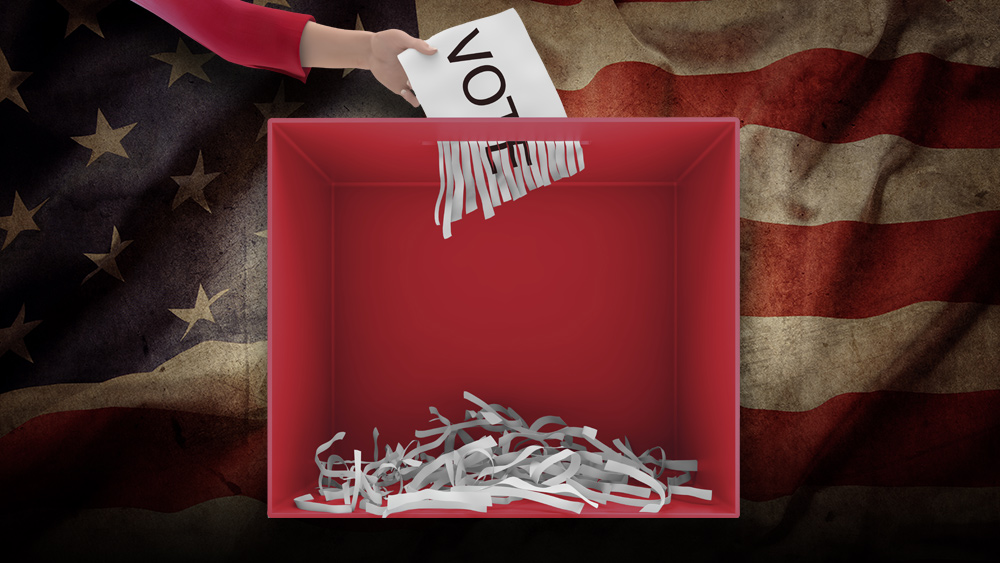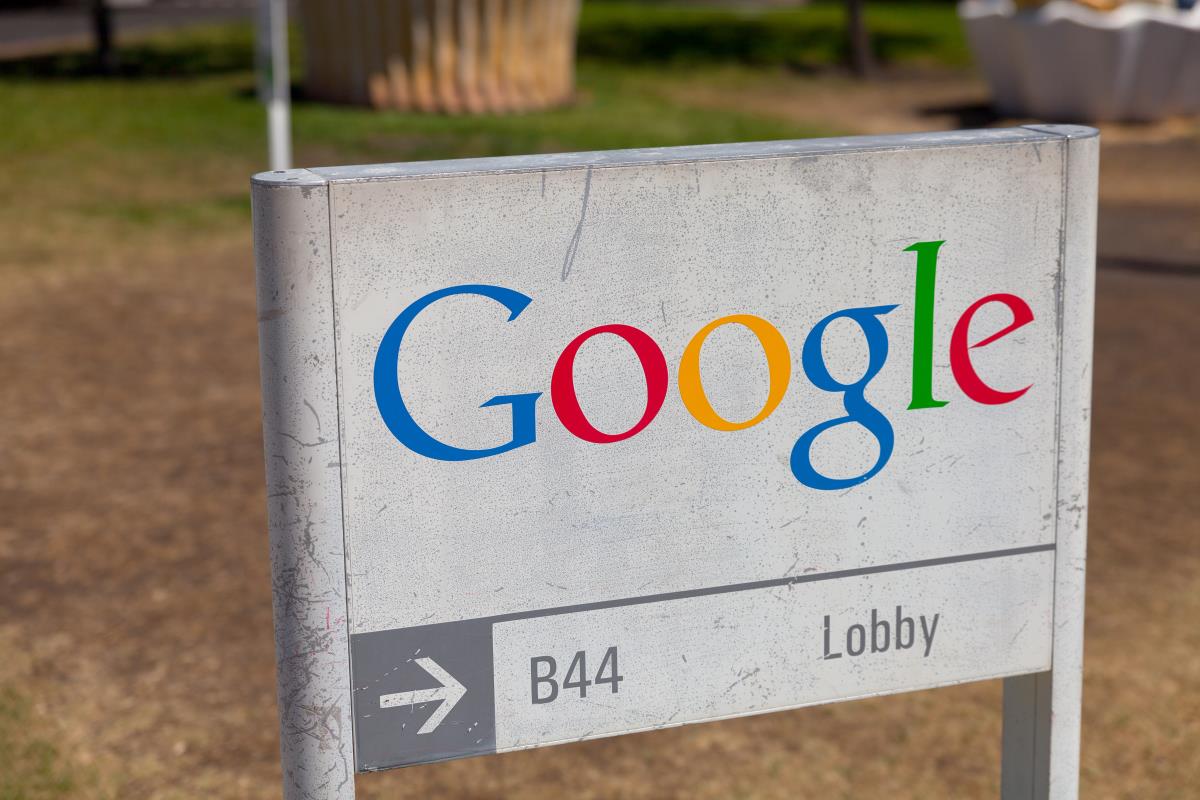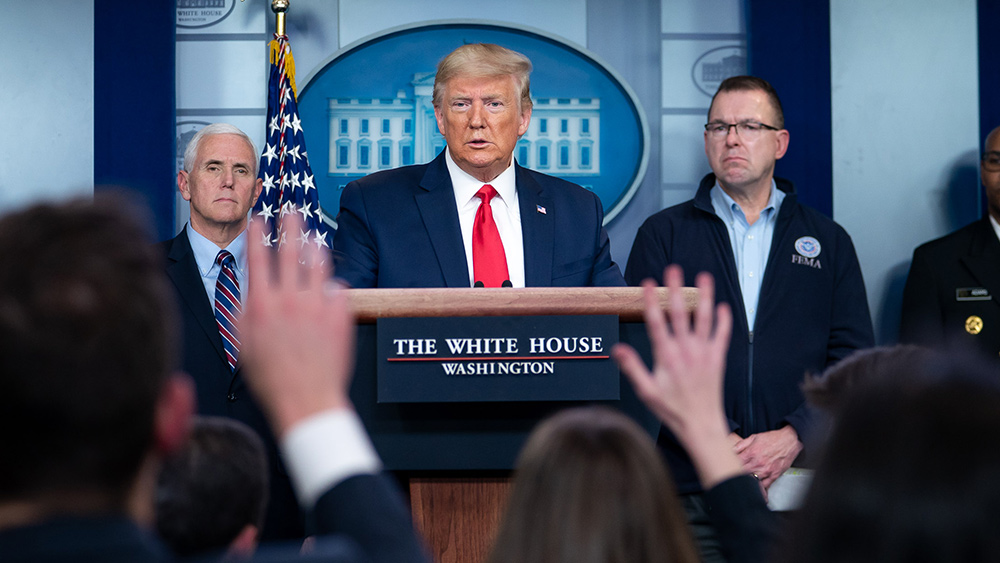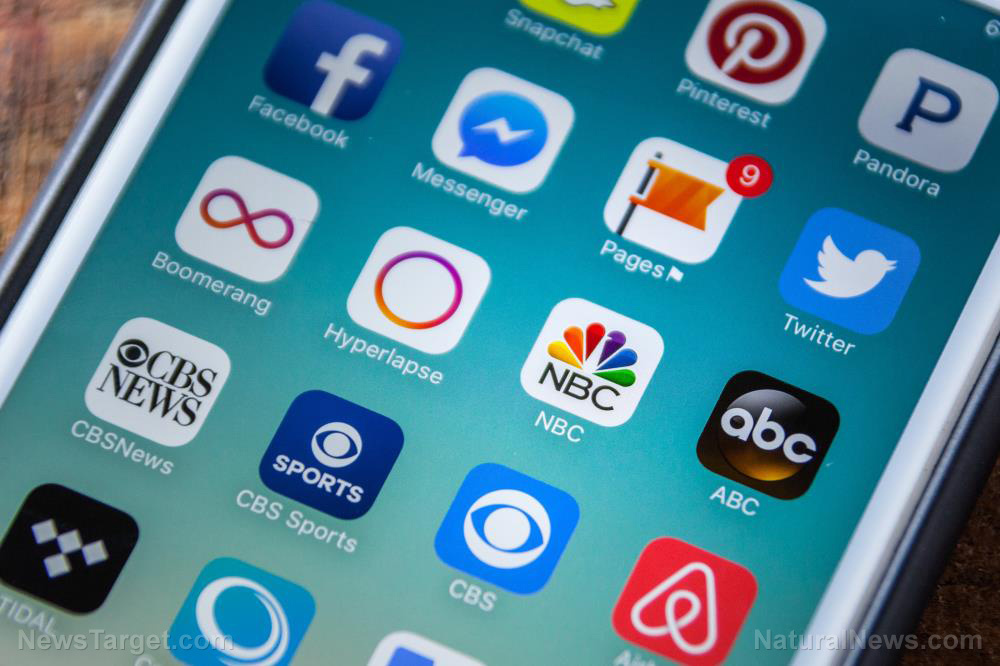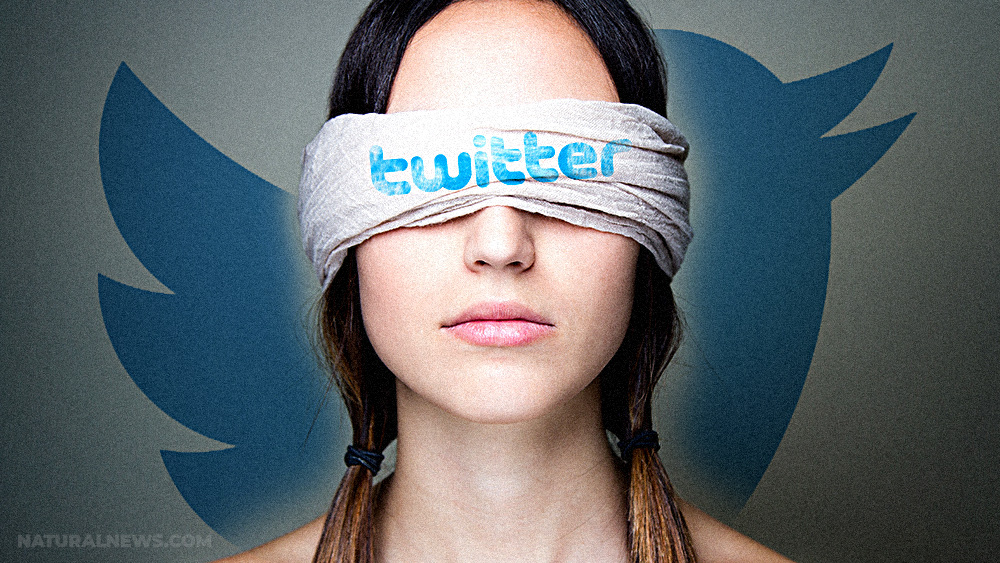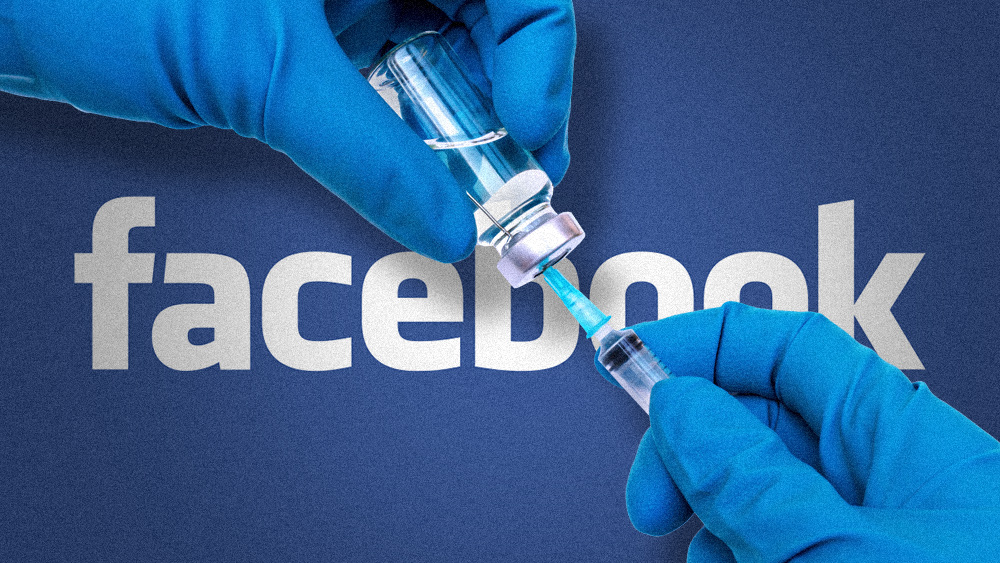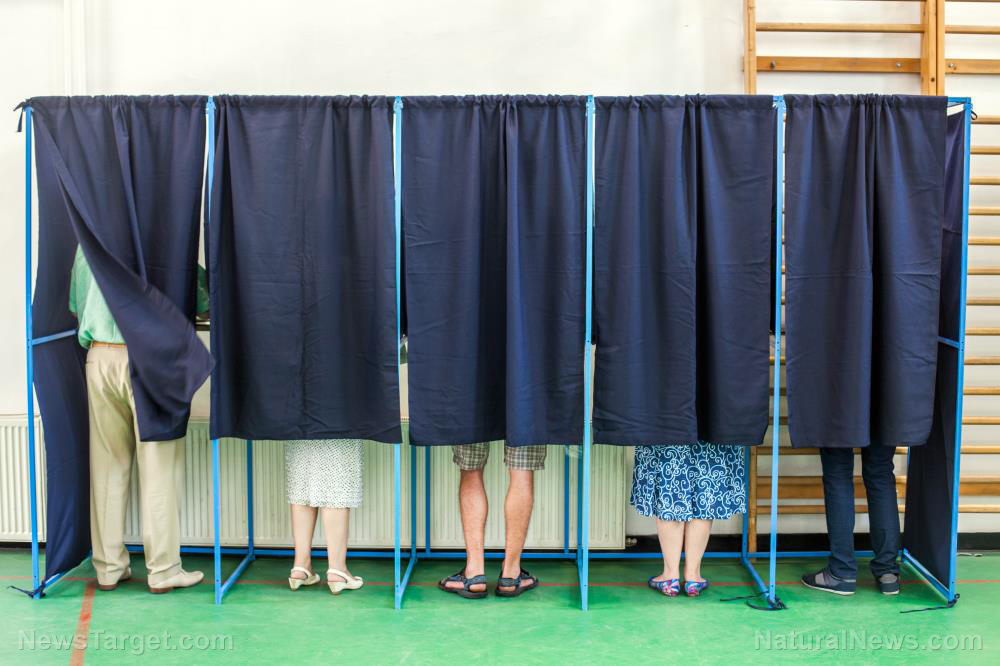Trump responds to Twitter censorship, threatens to shut down social media giants
06/02/2020 / By Ethan Huff
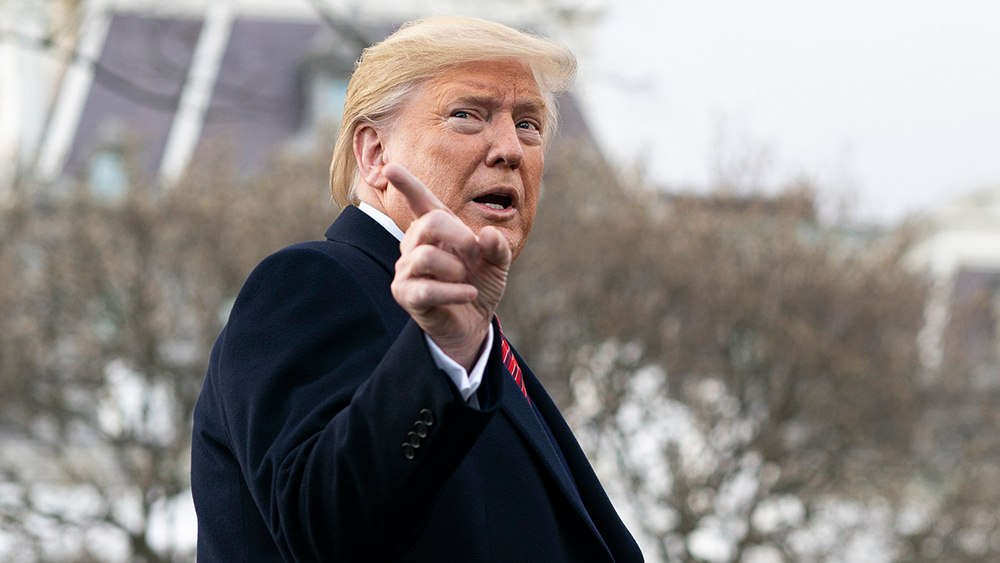
In response to having his tweets “fact-checked” by Twitter, President Trump recently announced a major crackdown on social media, the full implications of which are still in the works.
If social media companies like Facebook and Twitter refuse to stop censoring conservative and other “politically incorrect” voices, then Trump is ready to drop the hammer to ensure that the online free speech of all Americans is protected.
“Republicans feel that Social Media Platforms totally silence conservative voices,” Trump wrote in a recent tweet. “We will strongly regulate, or close them down, before we can ever allow this to happen.”
Trump further acknowledged that Big Tech tried, but failed, to derail his presidential win back in 2016. But things could be different in 2020 if Silicon Valley gets away with continuing to target conservative messaging on social media.
“We can’t let a more sophisticated version of that happen again,” Trump wrote, referring of course to the deep state’s failed attempt at stealing his win and handing it over to two-time failure Hillary Clinton.
Another threat that Trump pointed out is the push for mail-in voting in response to the Wuhan coronavirus (COVID-19). Eliminating the voting booth creates an incentive for fraud, according to Democrat Jerry Nadler in a statement he made back in 2004 – and Trump agrees.
“Just like we can’t let large scale Mail-In Ballots take root in our Country,” Trump tweeted. “It would be a free for all on cheating, forgery and the theft of Ballots. Whoever cheated the most would win. Likewise, Social Media. Clean up your act, NOW!!!!”
Listen below to The Health Ranger Report as Mike Adams, the Health Ranger, talks about Trump’s statements implicating Big Tech in a grand scheme of techno-tyranny:
Trump signs executive order to strip Big Tech of unfair immunity
Following these tweets, Trump later signed an executive order to strip social media companies of their “platforms” privileges, seeing as how they have all decided to become “publishers” that censor viewpoints of which they disapprove.
Currently, the social media giants are exempt from culpability for the information that passes through their platforms. This legal immunity has been afforded to them under Section 230 of the Communications Decency Act (CDA).
But now that they are all systematically hand-selecting what is allowed to be posted, these former platforms have become publishers, meaning they are no longer protected under the CDA’s “safe harbor” provisions, which is what Trump is now trying to remedy.
Should the big guys like Facebook and Twitter end up losing this exemption, and rightfully so, it will open up the door for many alternative platforms to take their place.
“A small handful of social media monopolies controls a vast portion of all public and private communications in the United States,” Trump announced ahead of signing the order from the Oval Office.
“They’ve had unchecked power to censor, restrict, edit, shape, hide, alter, virtually any form of communication between private citizens and large public audiences,” Trump added.
Many free speech advocates are in agreement that censorship on social media prevents certain voices from taking part in society like everybody else, especially when these voices rely on these platforms to communicate with larger audiences.
This constant and growing problem is paving the way for decentralized, cryptocurrency-driven alternatives to step in and gain popularity. By eliminating the threat of censorship, such alternatives could bring the big guys to their long overdue and bitter end.
For more related news about social media censorship and the apparent plot to prevent President Trump from winning reelection this fall, be sure to check out Censorship.news.
Sources for this article include:
Tagged Under: banned, Big Tech, Censored, Censorship, Donald Trump, free speech, Liberty, penalties, President Trump, rigged, shut down, silencing, Social media, tech giants, Trump, Twitter
RECENT NEWS & ARTICLES
COPYRIGHT © 2017 BigTech.news
All content posted on this site is protected under Free Speech. BigTech.news is not responsible for content written by contributing authors. The information on this site is provided for educational and entertainment purposes only. It is not intended as a substitute for professional advice of any kind. BigTech.news assumes no responsibility for the use or misuse of this material. All trademarks, registered trademarks and service marks mentioned on this site are the property of their respective owners.



